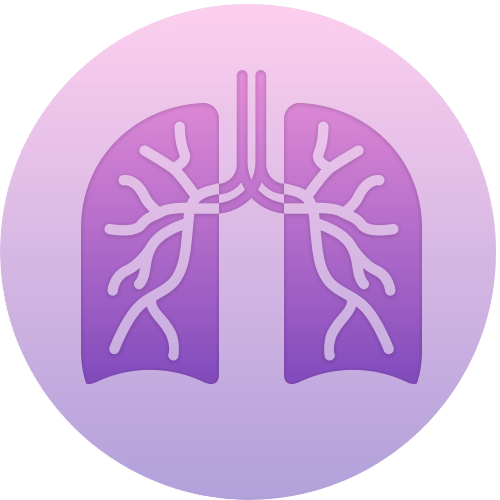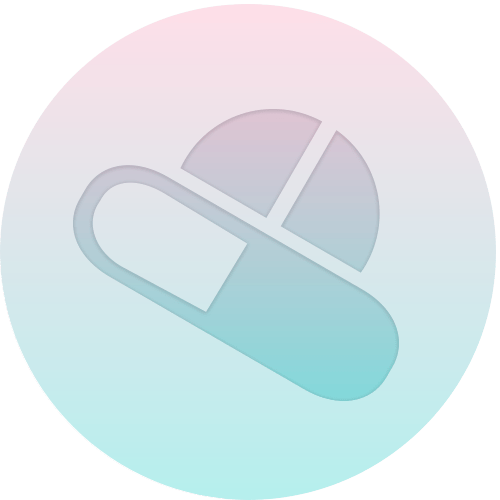Our immune system fortress

The past couple of weeks has been very busy for everyone in the pharmacy, not just consulting on prescriptions but also, I see many of you getting yourself and your family prepared for the coronavirus and upcoming flu season by contacting us about ways to place yourself in a better position in this mist of uncertainty. It’s great to see this is the kind of proactiveness! Having the initiative to take better care of yourself and ultimately regaining control of you and your family’s health through proper engagement with a healthcare professional is what every responsible person in the community should be doing.
As we are slowly entering into Autumn, the chance of getting a cold increase dramatically. On top of normal influenza that we need to deal with, we also need to be wary about and braced for the impact of what the new kid on the block (COVID-19) could potentially be capable of doing to our health and our community. I’m not sure about you, but I have never felt a more of an urge than before to look after my immunity and be healthy.
Before we attempt to take care of our immune system, we must first understand how it works and the type of ammunition we have under our sleeves (or I should say skin!).
I like to use the analogy of a country to describe the three levels of immune defence. The border of this country is surrounded by a tall wall offering protection from outside invaders. There is also police and soldiers patrolling to respond right away if anybody were to ever get close to the wall or breach the wall, they could arrest them or shoot them if they pose a threat. But when you are protecting a country, it is probably more important to have intelligence or spies to spook out any suspicious activities or person of interest or recognise invaders when they come. The same applies to our immune system. Our border wall is going to be our skin. Whenever you come in contact with a virus or bacteria that your body has never met before, the first line of the barrier is our skin. Our skin is made up of many cells providing a physical barrier to viruses and bacteria. The pH of our skin is also very low which makes it quite difficult for bacteria to live there. On top of our skin, we have many bacteria (called normal flora) that are designed to prevent other bacteria to gain entry. We also have different chemicals on the surface of our skin that can disrupt certain viruses and bacteria. One of these chemicals we are talking about is the mucus or snot we produce. Taking the coronavirus for an example, it mainly targets the lung. Hence, the preferred route of entry is either through your nose, mouth, or eyes. Those entrances are the place where we produce lots of mucus to wade off any unwelcome guests. A good example that everyone can relate to is when we are walking along the waterfront during a windy day. Big wind can blow a grain of sand or dust into our eyes. Most of the time, you’ll notice that our eyes became very watery and, in most cases, our eyes will turn red and a thin layer of mucus will be formed on our cornea. This is our first line of defence doing its job to try to wash out whatever particle is in our eyes.
Occasionally when our first line of defence gets breached, the virus will then go head to head with our white blood cells. The first response when we have a breach is inflammation. So basically we have chemicals that are released to tag the areas that our white blood cells need to respond to. A typical example is a sore throat when we contract flu or cold. One of the first white blood cells that’ll be at the scene is the macrophage (also known as the killer cell). The macrophage is responsible for locating the virus cells and eating them. However, the problem with macrophage is that it is not very good at recognising viruses or bacteria and hence they often report to the cleaver ones called the lymphocytes. Lymphocytes are like spies or our intelligence and can recognise if the virus is a frequent visitor and if so, could eliminate it without you even knowing.
Whenever you have a virus whether is a typical influenza A virus or COVID-19. After penetrating your first and second line of the protective immune response, the virus is essentially going to gain entry inside your cells. It’s going to use the resources available in your healthy cell to make copies of itself. And more copies of itself. And eventually, it’s going to destroy the cell and spread off to infect other healthy cells. In other words, what’s happening when you get a cold is that your cells become a virus making machine. In a way, we are in tremendous debt to our immune system because if it weren’t for them, we would literally be destroyed by all the viruses and bacteria that are around us. As our immune system is crucial to our well-being, we must do whatever it takes to look after it and be nice to it.
On my next email, I will attempt to decipher what are the things we could be doing right now in the midst of COVID-19 to improve our immunity and giving us the best chance of survival in the uncertain time ahead of us.
To your health,
Chris
Pharmacist


















